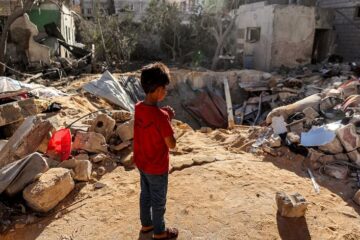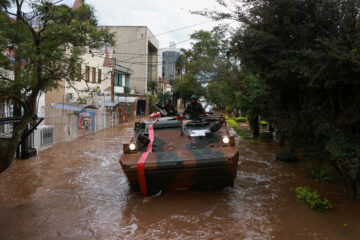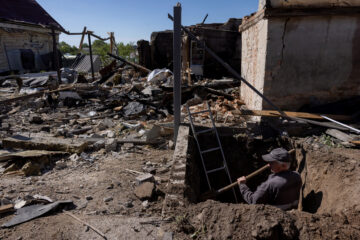Bosnia begins first census since 1991
Bosnia began holding its first post-war census Tuesday, a sensitive exercise expected to reveal the effects of ethnic expulsions during the 1990s conflict and also impact the country\’s power-sharing system.
The 1995 Dayton peace agreement introduced a political system in which Muslims – known as Bosniaks – along with Serbs and Croats were Bosnia\’s "constituent peoples" and the only ones with access to top state and legislative positions.
For months political and religious leaders of the three groups have been urging their respective communities to declare their ethnicity in the census, which begins on Tuesday and runs to October 15.
Muslim leaders, however, fear that their community may split itself by using the term Muslim, Bosniak and even just "Bosnian" – meaning that the country\’s largest ethnic group would have less representation after the census.
Results are expected in mid-January.
"You should know that the issue of our identity is the issue of our survival!", a well-known Bosnian Muslim intellectual, Muhamed Filipovic, told several hundred people at a pre-census gathering in the capital, Sarajevo.
"The mixture of these three terms leads to confusion among Bosniaks," said Senadin Lavic, a sociologist, adding that his Bosniak community could become a victim by being "diluted into three groups".
Serbs and Croats can also opt for the simple designation of "Bosnian" – which many are expected to do as a way of protesting against Bosnia\’s enforced ethnic divisions.
This group, including many who are in mixed marriages, accounts for about 20 percent of the population, according to some surveys. The census would count them as "others", since the constitution recognises only the three main ethnic groups.
Under the Dayton accords, about 180,000 political and civil service positions have been allocated in proportion to the size of each ethnic group, based on the pre-war 1991 census, while top jobs are reserved exclusively for Muslims, Croats and Serbs.
Bosnia was the most ethnically diverse of the six republics that made up the former Yugoslavia, which collapsed in a series of 1990s wars.
When the 1991 census was held, Bosnia had a population of 4.4 million, of whom 43.5 percent were Muslims, 31.2 percent Serbs and 17.4 percent Croats.
But half the population was displaced during the war between Croats, Muslims and Serbs. Around 100,000 people were killed.
European countries generally hold a census every 10 years, but Bosnia\’s has been repeatedly postponed due to disagreement between leaders of the three ethnic groups.
A lack of data has hampered the development of economic, demographic and social strategies and prevented authorities from providing reliable per-capita economic data, needed for assessing the population\’s purchasing power or education level.
Source: Agencies
[do_widget_area inner_adsbar]










